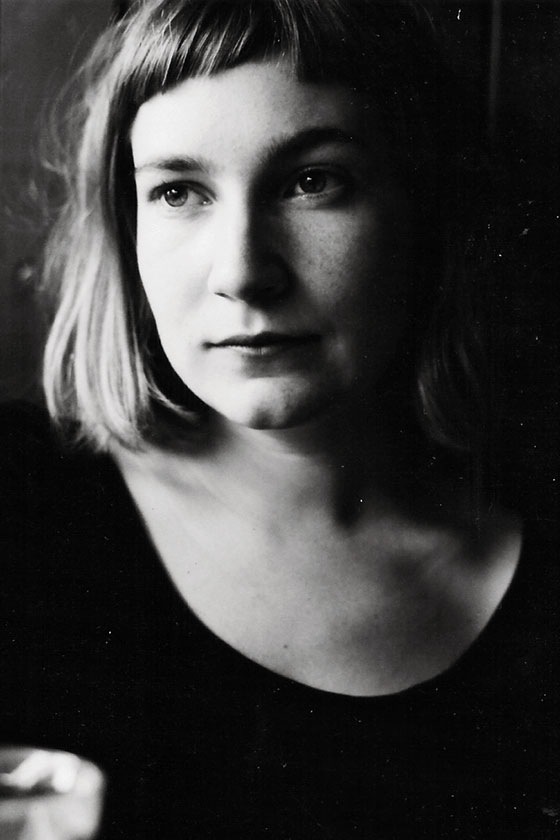 |
Sheila Heti.
(Photo: Courtesy of Sheila Heti) |
It was in my early 20s, and I was writing a lot of short stories (the short stories that would later make up my first book, The Middle Stories). Without even being conscious of it, I must have had various ideas about how a short story was “supposed to be.” I remember being at my desk, writing one story (later called “The Princess and the Plumber”), and in the story the plumber is getting love advice from a frog who is contemptuous of how the plumber is going about wooing a princess. I remember feeling this inner obligation to continue the dialogue between the plumber and the frog, even though I didn’t know what else they had to say to each other. Still, it felt like the conversation should continue on for at least another few paragraphs. Then I suddenly realized that there was nobody looking over my shoulder, and that nobody had any greater authority over what should happen next than I did, and the “me” to follow was the one who had run out of dialogue at that moment. That I should trust this “running out of dialogue” — not assume it was because I was stupid, but rather take it to mean that this part of the story was done. I wrote: “The plumber looked at the frog a moment longer, then turned and walked towards the bus shelter.” It was so freeing to have the plumber just walk away, and the rest of the story came swiftly — I just continued on following my impulses absolutely. It was the first time, writing, I had a sense for how total a writer’s freedom is. I don’t think that ever completely went away, and it seems the biggest leap I made: from thinking I had to write in a certain way to realizing that nobody was there with me as I was sitting at my desk — and for good reason — because your only obligation is to listen to yourself.
Every epiphany I’ve ever had about writing or how to write in the years since has only been an elaboration of that knowledge: that all you have to do is hew closely to how you feel it should go. By the way, it wasn’t till years after the book was published that I realized that “the princess and the plumber” was not an original construction, but mental seepage from many years of playing Super Mario video games (where two plumbers try to rescue a princess) as a kid.